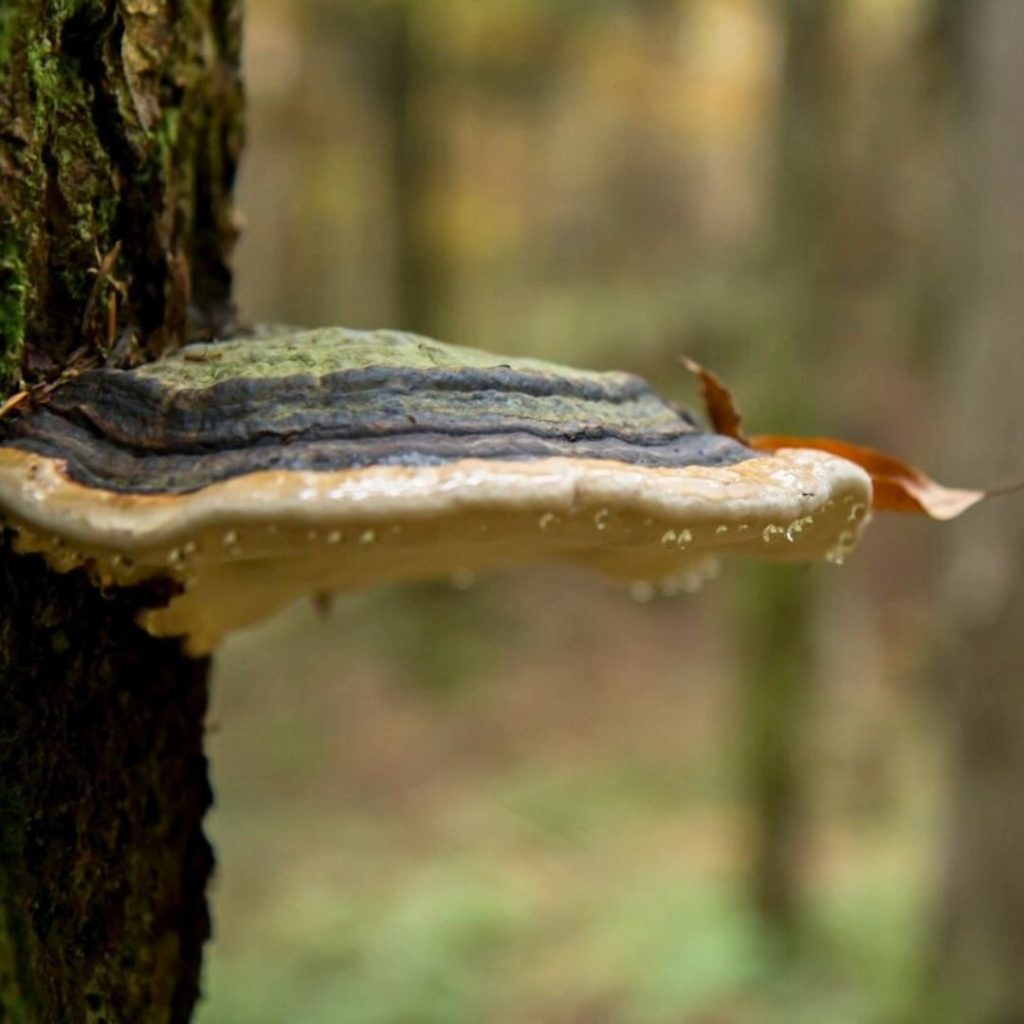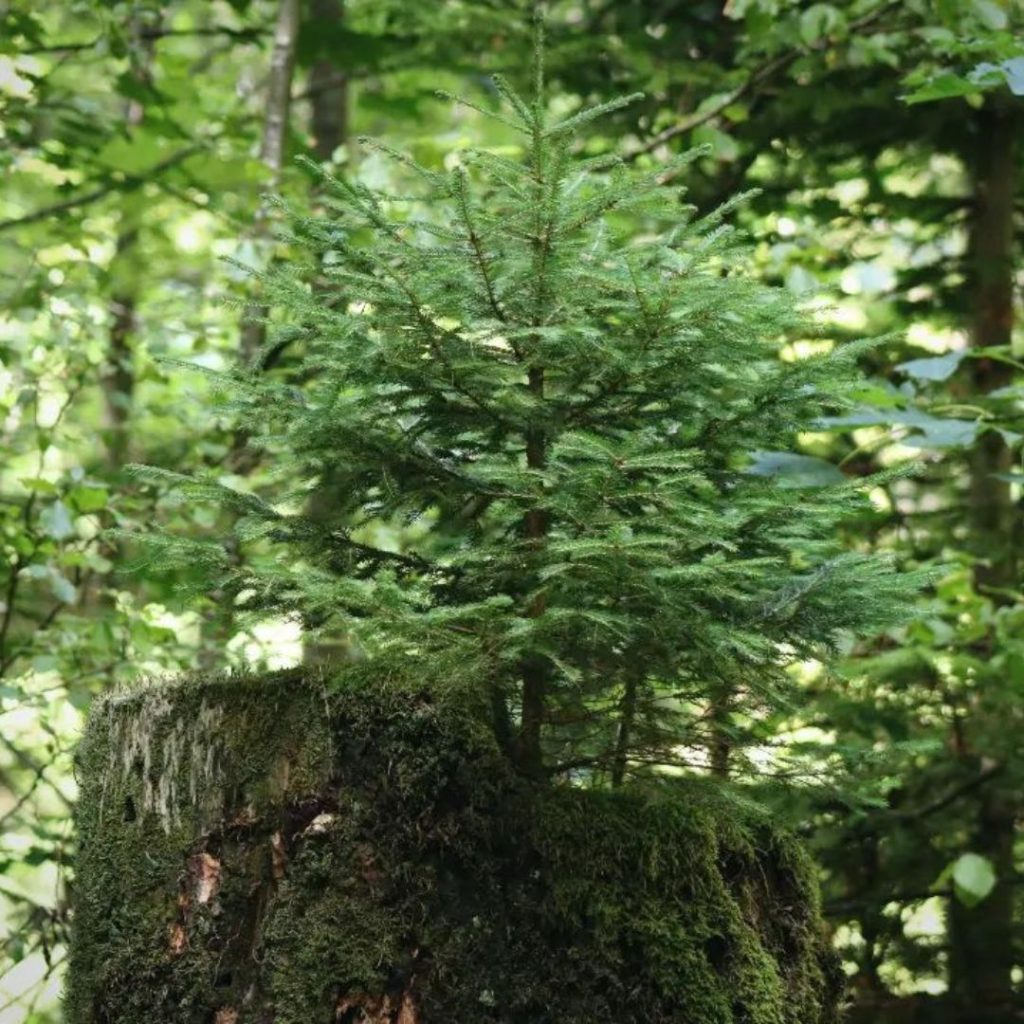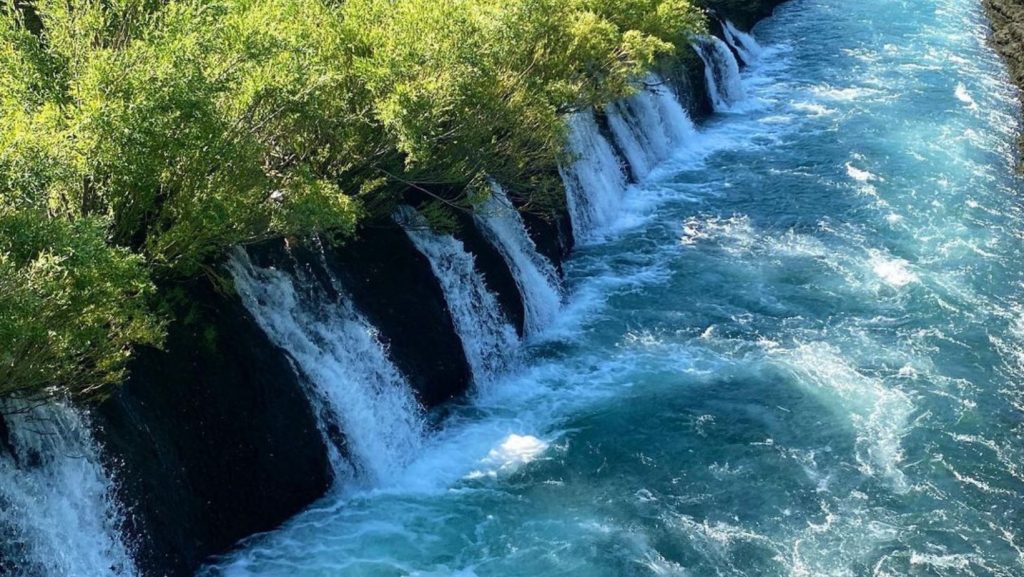
…Rare opportunity to experience untouched nature…

In 2021, Janj Forest was recognized as a UNESCO World Heritage site, becoming part of the “Ancient and Primeval Beech Forests of the Carpathians and Other Regions of Europe” shared among 18 European countries. This designation highlights the forest’s global significance and unique natural beauty.



Bosnia and Herzegovina is among the rare European countries that still boast natural or primeval forests.

These ancient woodlands have evolved naturally, untouched by human intervention, thriving, regenerating, and decaying according to nature’s laws.

Primeval forests in Bosnia and Herzegovina are mixed stands of spruce, fir, and beech, with occasional maple and elm trees. These forests feature trees of all heights, thicknesses, and ages, from the youngest saplings to the oldest giants.


On the remains of naturally deceased trees, new life flourishes.

As civilization and science have advanced, the significance of these natural primeval forests has grown. Today, Bosnia and Herzegovina’s primeval forests are highly valued as rare natural phenomena in Europe, where such forests have largely vanished. The importance of primeval forests was realized too late in other countries, by which time they had already disappeared.

To explore the protected area of Janj Forest, visitors must obtain prior approval and be accompanied by a forest guide. Requests for written permission should be submitted at least 7 days before the planned visit via email at gorica@sumers.org. Photography and recording (audio and video) within “Janj Forest” are permitted only with prior consent.



